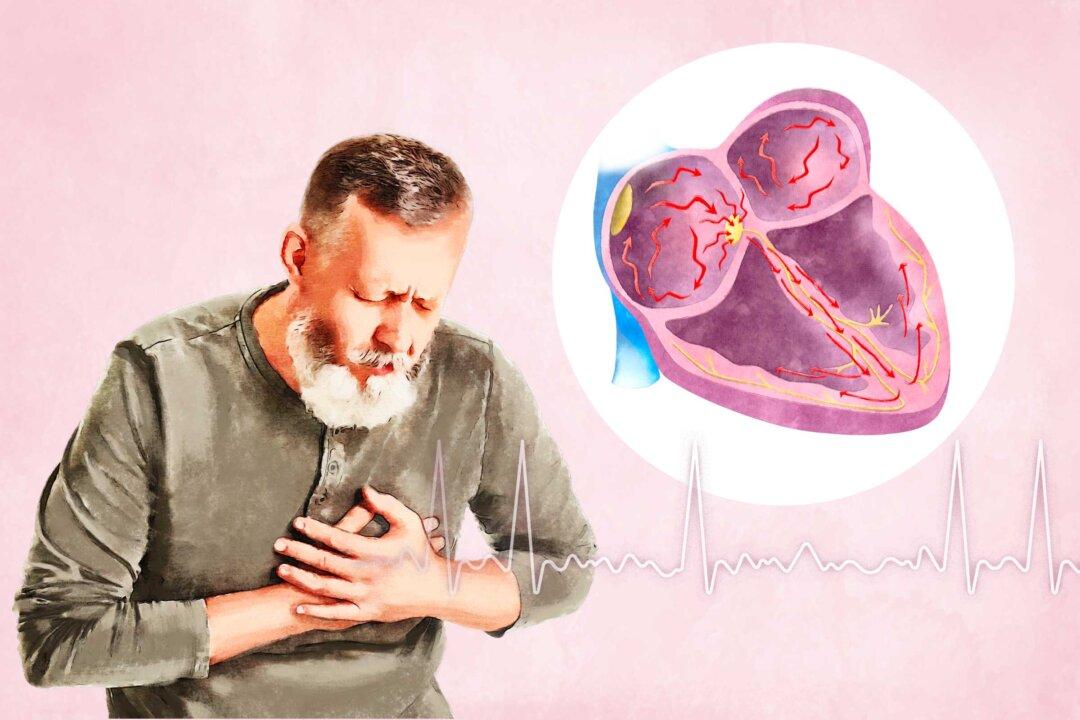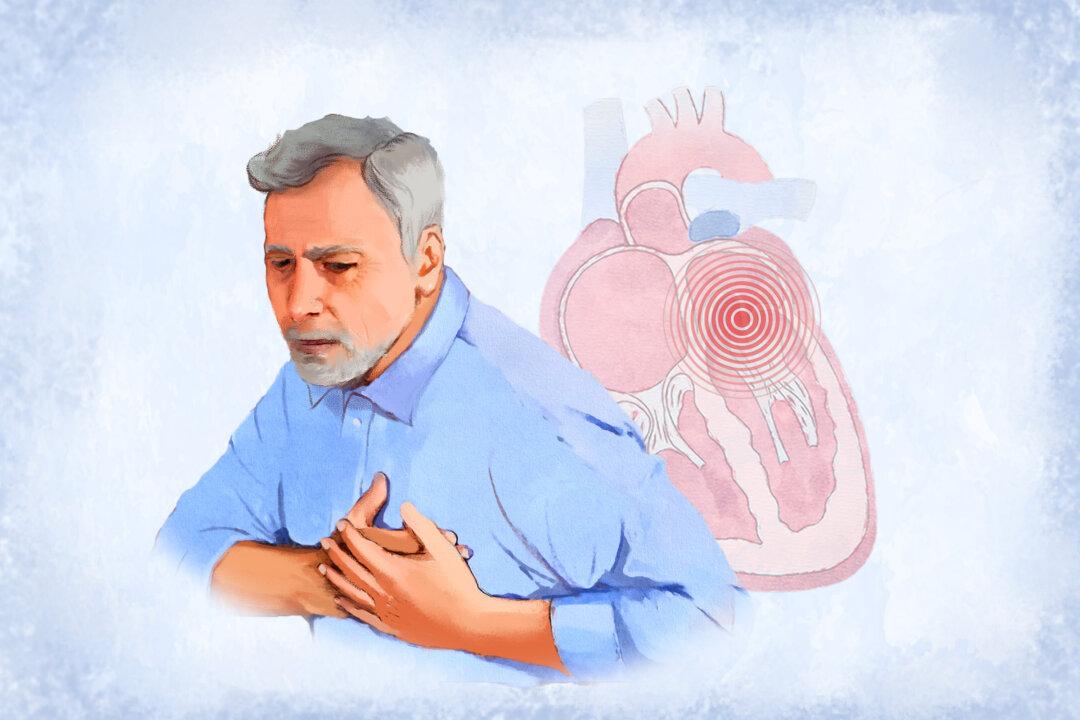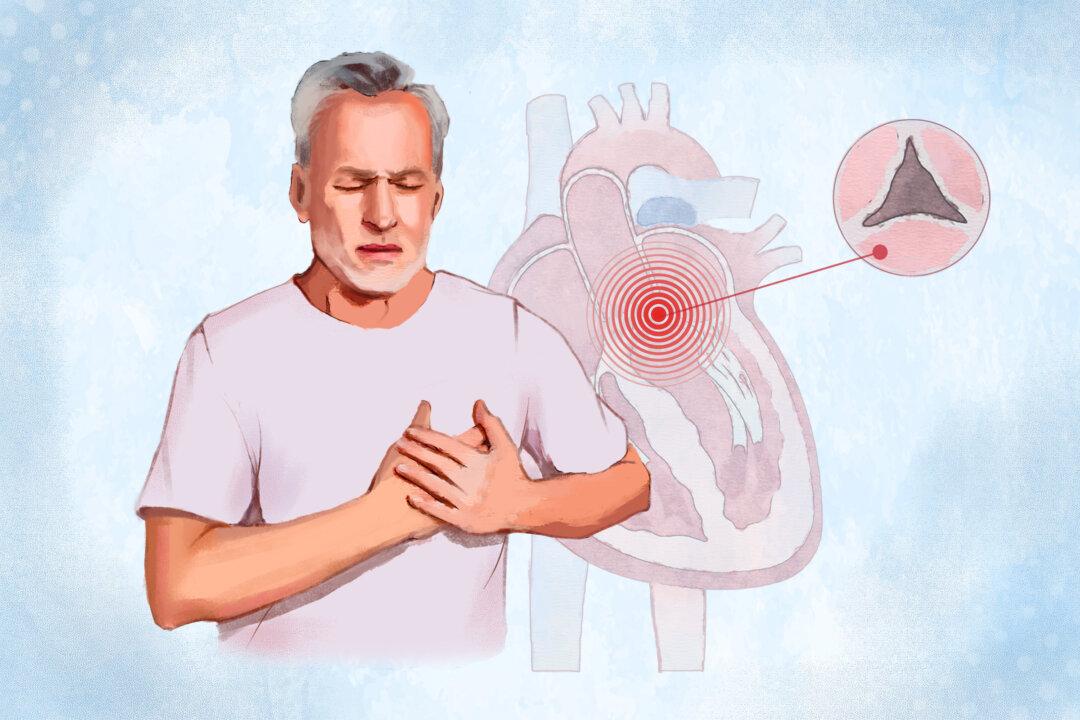Proteins and fats play a more significant role than expected in insulin production, the study found. This discovery provides a new perspective on diabetes management and holds the potential to inspire future research—paving the way for better glucose control for people with Type 2 diabetes, insulin resistance, and prediabetes.
Insulin Response Varies by Nutrient
Researchers from UBC studied how different people produce insulin in response to the three macronutrients—carbohydrates (glucose), proteins (amino acids), and fats (fatty acids)—by examining pancreatic beta cells of deceased male and female human donors. The specialized beta cells produce and release insulin, the hormone that lowers blood glucose.The study found that most donor cells produced a robust insulin response to carbohydrates. At the same time, about 9 percent of donor cells had an insulin-triggering response to proteins, and another 8 percent of the cells had more of an insulin response to fats than to the other nutrients, including glucose.
Researchers also examined a subset of pancreatic cells from donors with Type 2 diabetes. These cells responded poorly to glucose, but the cells’ insulin response to proteins unexpectedly remained intact.
“Glucose is the well-known driver of insulin, but we were surprised to see such high variability, with some individuals showing a strong response to proteins, and others to fats, which had never been characterized before,” James Johnson, professor of cellular and physiological sciences at UBC and a senior author of the study, said in the statement.
The researchers also conducted a comprehensive analysis of the gene expression of pancreatic islet cells to better understand the molecular and cellular characteristics of insulin production. They suggest that these findings could potentially inform future genetic testing to predict individual responses to different macronutrients. The findings could revolutionize diabetes management by guiding personalized nutrition plans, giving individuals more control over their health.
“This really bolsters the case that protein-rich diets could have therapeutic benefits for patients with Type 2 diabetes and highlights the need for further research into protein-stimulated insulin secretion,” Kolic said in the statement.
The Importance of Insulin
Insulin is an essential hormone produced in the pancreas that helps convert food into energy and regulates blood glucose. About one in 10 people in the United States have Type 2 diabetes, meaning that their body doesn’t produce enough insulin to manage blood sugar effectively. Insulin resistance—which occurs when cells become less responsive to insulin, raising blood sugar levels—often precedes a Type 2 diabetes diagnosis. Insulin resistance typically results from a highly processed, high-carbohydrate diet, obesity, and inactivity.Expert Cautions Results May Not Be Universal
The study gathered samples from 140 human cadavers. Although researchers performed a comprehensive analysis of insulin secretion of pancreatic islet cells with and without diabetes when exposed to the three main macronutrients, the question remains whether this truly represents the general population.“There are limitations to take into account with this study when comparing specified cells to the whole individual, which is much more intricate and complicated,” Kimberly Gomer, a registered dietician with 25 years of experience coaching clients in weight management, diabetes, and insulin resistance, told The Epoch Times in an email.
However, Gomer said it is worthwhile to examine the contrast between normal pancreatic islet cells and those with Type 2 diabetes and that translating the results into day-to-day clinical practice helps in considering various options.
Individualizing Nutritional Care Plans
“Insulin resistance is the focus for many people, but the strategies that work best for each person need to be implemented with an open mind, and try different strategies for the best outcomes,” Gomer said.She said that in her own experience, eating foods such as protein, fat, and fiber first, followed by carbohydrates, may cause fewer insulin spikes.
“I have seen a varied response in my clients where some see much-improved blood sugar control whereas others do not,” she said.
Gomer said she was also surprised by the study findings that fats caused an insulin response and added that a higher protein diet is a clear winner for many people.
Several high-protein foods contain unsaturated fats, including beans, nuts, and lean meats. Fish and shellfish are also good sources of protein and have omega-3 fatty acids, which are also good for cardiovascular health.
Gomer said that managing carbohydrates is the place to start for the most benefit for people with Type 2 diabetes or hyperinsulinemia.
“Without managing carbohydrates, other strategies have less chance to succeed,” she said.







